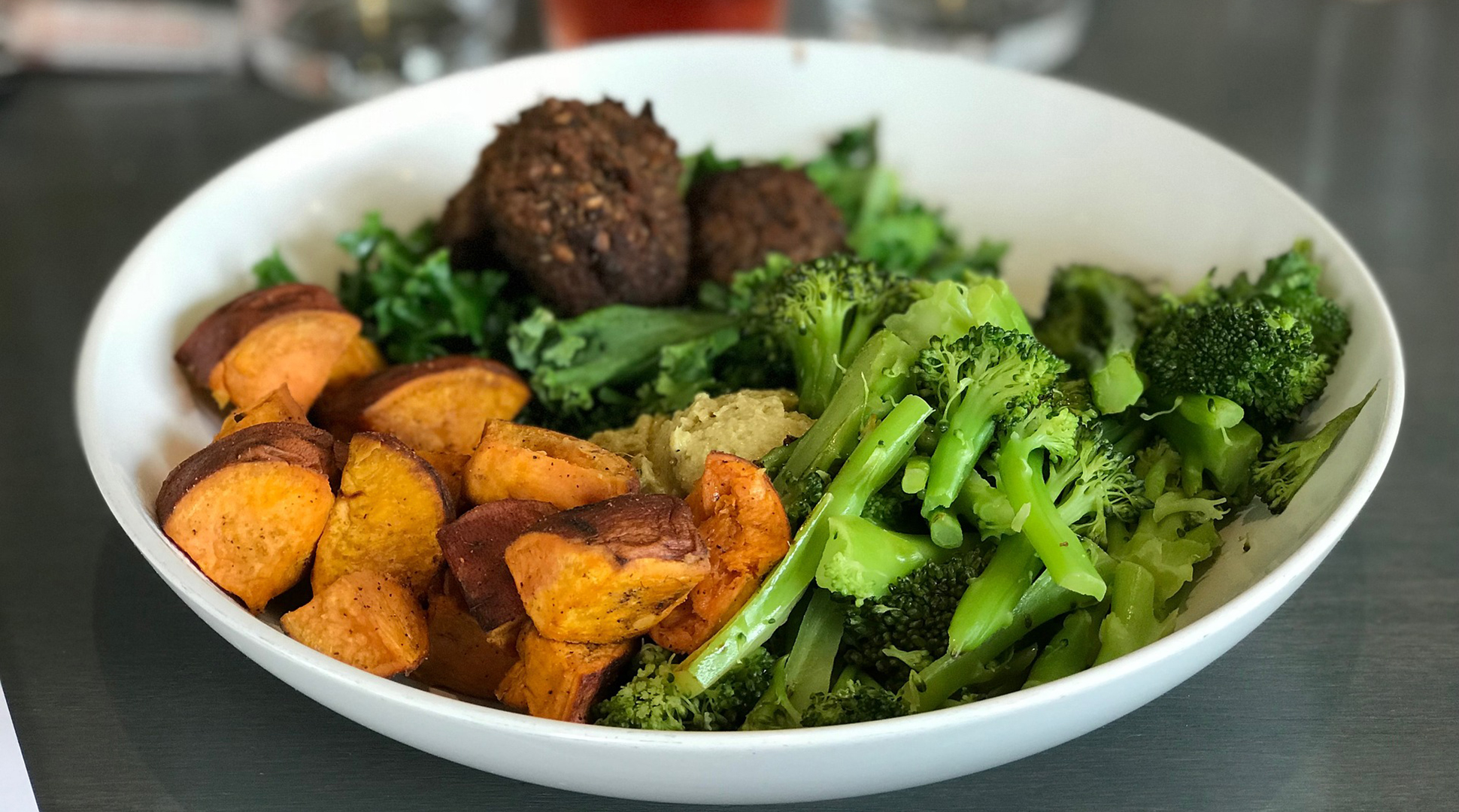This article was reposted with permission from watchusgrow.org
Questions About Organic and Conventional Foods Answered
Curious about what the term “organic” really means? You’re not alone. As organic foods become increasingly prevalent on grocery store shelves and restaurant menus, many want to learn more about how farmers grow these products, but sometimes it’s hard to sift through the myths and misinformation and uncover the truth.
Fortunately for you, Illinois Farm Bureau Partners Magazine has done the hard work, answering five common questions about organic foods and growing practices as well as organic certification processes. Read on for their answers and prepare to expand your knowledge base. Chances are, you’re going to learn something new.
What standards must farmers follow in order for their products to be certified organic?
Those who want the USDA Organic seal on their items in grocery stores must follow USDA’s National Organic Program, which means they produce their food products without genetic engineering, ionizing radiation or sewage sludge, and they are produced using only approved substances from the National List of Allowed and Prohibited Substances. A certifying agent inspects every farm or business that applies for organic certification through the USDA, and if they comply with the rules (including using no prohibited fertilizers or pesticides on the land for three years), the certifying agent issues an organic certificate that lists products that can be sold as organic from that farm or business.
How do organically grown and conventionally grown produce differ? How are they alike?
Both organic and conventional produce may contain synthetic and natural pesticides and herbicides, although USDA-certified organic products can only be exposed to pesticides and herbicides deemed acceptable on the National List of Allowed and Prohibited Substances. Conventionally grown produce may be grown in ways that comply with established organic standards despite not having the certification.
Organically grown produce cannot comprise any GMOs, such as genetically modified seeds, and can only include substances approved on the National List, while conventionally grown produce can feature a broader range of substances and may include GMOs approved by the FDA.
Are non-GMO products also organic?
Not necessarily. While the use of GMOs is prohibited in organic products – which means an organic farmer cannot plant GMO seeds, and an organic cow cannot eat GMO alfalfa or corn – non-GMO products do not have to be certified organic.
Why are organic foods often more expensive than conventionally grown products?
Organic farmers often experience more crop loss than conventional farmers, resulting in a smaller harvest, and their pesticides and seeds typically cost more than those conventional farmers can use. Organic farmers with livestock may also experience more animal loss than that of conventional farmers; for example, an organic poultry operation must allow year-round access to the outdoors, which increases the risk of exposure to predators and weather-related injuries and/or deaths.
In addition, farmers in the three-year transitional period to become certified organic often experience financial losses, and they may try to recoup those losses once they receive their certification.
Are organic products more nutritious or safer than conventionally grown foods?
No. An organic certification only refers to the growing and production practices a farmer must follow and has nothing to do with the nutritional content of the resulting products.
When it comes to safety, the U.S. federal government has mechanisms to protect consumers from pesticide exposure no matter the growing practices. The U.S. Environmental Protection Agency sets the allowable residue levels, called tolerances, in foods, and the FDA and USDA test selected products each year. Products with excessive pesticide residues or unregistered chemicals do not go to market.
Read the full article to learn more at ILFBPartners.com
